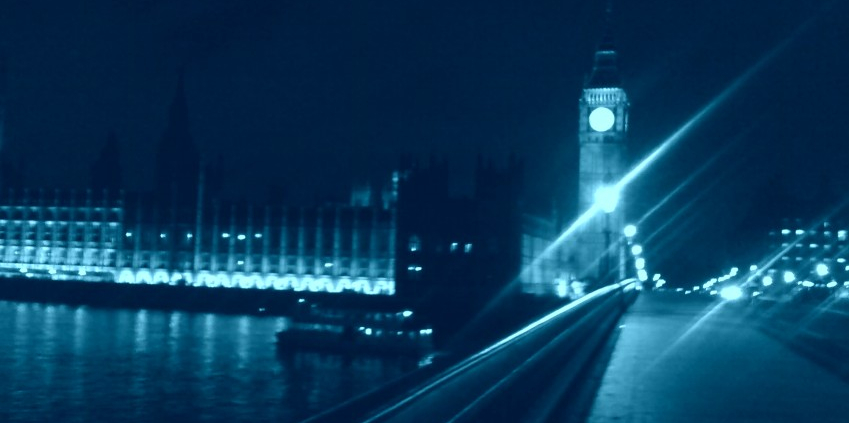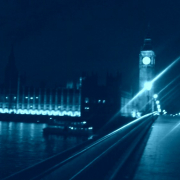More on the NAO Pandemic Procurement Report – Failure in the Cabinet Office
The NAO report on UK government procurement through the pandemic came out recently and we wrote about it here, focusing mainly on the PPE (personal protective equipment) issues it identified and analysed.
Today, we’ll look at some of the other non-PPE contracts that the NAO investigated. It’s worth highlighting that the auditors looked at 20 contracts and did not find problems with all of them by any means. So their list includes examples from the Department of Work and Pensions and different bodies within the health sector for instance, and in most cases, there were no serious issues identified.
However, the real villains sit in Cabinet Office, where three contracts were examined and each was a case study of (certainly) incompetent and (arguably) unethical procurement. That is ironic, as that Department also houses the HQ of the Government Commercial Organisation and Gareth Rhys-Williams, the government’s Chief Commercial Officer. His role is to promote better procurement across the whole of central government and his influence runs even more widely. But it appears to be a case of, “listen to what I say, don’t look at what we actually do in the Cabinet Office” if the NAO report is anything to go by.
The three contracts were for £3.2 million with Deloitte, the consulting firm, for support to the PPE programme. The second was a contract for a maximum of £840,000 with Public First, for running focus groups around the pandemic – although there were stories initially that there was some link with Brexit work too. Then the third was worth £1.5 million and was awarded to Topham Guerin for “publicity campaign coordination services”.
The first problem is that in all three cases, the supplier was engaged and indeed started work some months before a contract was actually put in place, without any form of competitive process to support the choice of supplier. Work started in March but contracts weren’t in place until June or July.
I suspect anyone reading this will understand why this is bad news; if you haven’t formally agreed what the supplier is going to do, how they will be rewarded, how any risks will be managed (from confidentiality to termination provisions), then you shouldn’t be starting the work really. We can only assume our old friend “urgency” is again the excuse here. But doing a few focus groups or a bit of publicity is hardly the same level of urgency as finding life-saving PPE.
Then we have faults that are familiar from our previous article covering the PPE issues in the NAO report. There was no documentation available in each of the three cases to explain why and how the supplier was chosen. The cynics amongst you might say the answer is clearly “because they were our mates” but I couldn’t possibly comment. Again, it is bad practice at best, and something more sinister at worst.
Then we have the conflict of interest issues. Topham Guerin and Public First have previously worked with Cabinet Office Ministers such as Michael Gove and advisers including Dominic Cummings. According to the Guardian, Public First “is owned by the husband-and-wife team James Frayne, previously a long-term political associate of Cummings, and Rachel Wolf, a former adviser to Gove who co-wrote the Conservative party manifesto for last year’s election”. But in that case, the NAO “found no documentation on the consideration of conflicts of interest, no recorded process for choosing the supplier, and no specific justification for using emergency procurement”.
So procurement process, policy and propriety in the Cabinet of Office, at the centre of government, has been corrupted. It appears that somebody senior – that could be a Minister, a special adviser, or a civil servant – either just engaged supplierd themselves with no procurement input, or told procurement to “JFDI”. Either procurement is not in the loop and doesn’t even know what has happened till after the event, or the function and procurement leadership is too weak to say to the budget holder, “that’s not the way we should do things”.
In either case, it does not speak well of the Cabinet Office’s own procurement team, I’m afraid. Even more embarrassingly, we have the fact that the department is supposed to be showing the rest of government how procurement should be done. But Rhys-Williams, the government’s Chief Commercial Officer, is going to struggle now I suspect when he tries to tell other departments how they should be doing procurement. Yes, they’ll say, we’ll follow the best practice guidelines – just like your lot did on that Public First contract …





Leave a Reply
Want to join the discussion?Feel free to contribute!